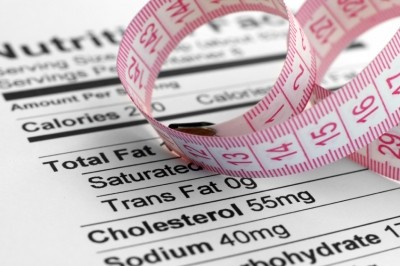Trans fat reduction policies are working to reduce consumption, says WHO
Trans fat in the form of partially hydrogenated vegetable oil is useful for food manufacturers because it is low-cost, shelf-stable, and can withstand high temperatures during processing. However, research has mounted linking high levels of dietary trans fat with increased risk of heart disease, as it increases levels of LDL (low density lipoprotein, or ‘bad’) cholesterol, while also decreasing levels of HDL (high density lipoprotein, or ‘good’) cholesterol in the blood.
The review looked at international efforts to reduce trans fat in foods, including national and local bans, as well as labelling regulations and voluntary measures. The WHO recommends that trans fat should account for less than 1% of total dietary calories.
“National and local bans were the most effective,” the researchers found. “Although significant progress has been made with labelling regulation in countries such as Canada and the United States, TFA [trans fatty acid] levels need to be reduced more, particularly in margarines and bakery products.”
In particular, Denmark’s national ban on TFA’s has led to complete elimination of artificial trans fats from the food supply, while voluntary measures in the Netherlands led to a 20% reduction in trans fat consumption.
The effectiveness of mandatory labelling was found to be highly dependent on consumer awareness of trans fats. In Brazil, for example, where consumer understanding of trans fat’s effects has been relatively low, the TFA level in some margarines remained at more than 50% after regulation, the researchers found.
The review concluded that policies to reduce trans fat were “feasible, achievable and likely to have an effect on public health” and added that further monitoring was necessary to ensure progress continued.
Its authors acknowledged that there had been some concern that reformulating products to remove trans fat might lead to higher levels of saturated fat in products, which is widely considered to be nearly as detrimental to health as trans fat. However, they found that this had not happened, with the exception of bakery products.
“Moreover, the fatty acid profile of many reformulated products improved while the total fat content remained constant,” they wrote. “The resulting health benefits may exceed those associated with simply removing TFAs from food.”
In addition, the review recommends engaging the agricultural sector to produce oilseeds with healthier fatty acid profiles, which may help food manufacturers with healthier product formulation.




















